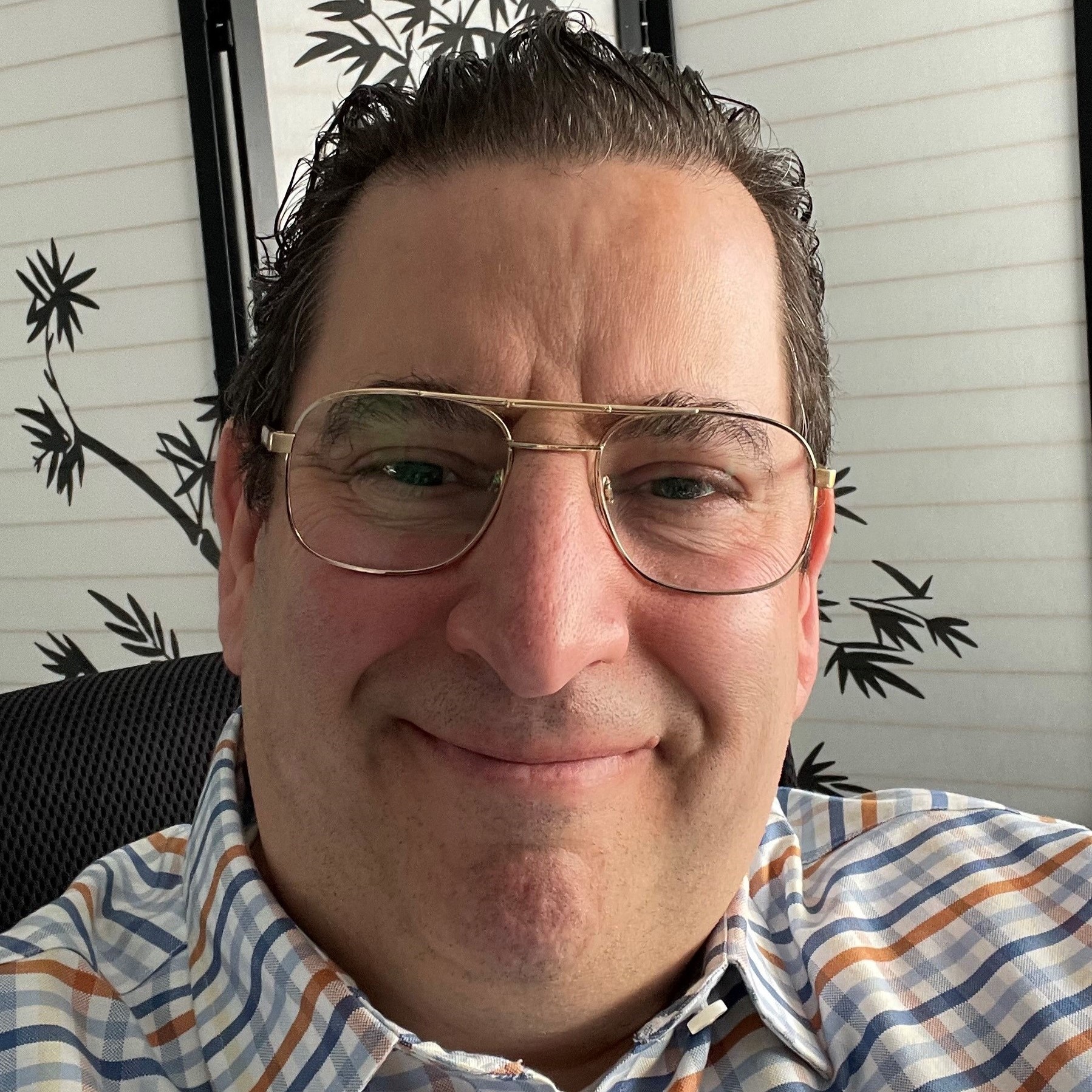As champions of lifelong learning, polytechnic institutions develop innovative and industry-responsive upskilling and reskilling programs, preparing learners to re-enter the workforce or start new careers. This kind of focused, career-oriented training is a great way to address labour shortages and skills gaps in the Canadian economy.
Polytechnics Canada recently met with Alice Wright, Partnership Lead at the SickKids Centre for Community Mental Health Learning Institute (SickKids CCMH LI), Neill Carson, Executive Director, The Garry Hurvitz Centre for Community Mental Health at SickKids (GH-CCMH), who is one of the facilitators in the program, and Frank Cappadocia, Dean of Continuous Professional Learning at Humber College. They spoke with us about the Excellence in Mental Health Leadership micro-credential, a program that provides leadership training to new and emerging leaders in Ontario’s community mental health sector.
Polytechnics Canada: What was the catalyst behind the development of this micro-credential? How did it influence the target audience for the program, as well as the content taught?
Alice Wright: Management and leadership programming has been offered by the SickKids CCMH LI for over twenty years. Historically, the programming was attended by individuals from across the health and human services sectors with a wide range of backgrounds and priorities. Although the programming was strong, there have been so many changes in the mental health sector at the organizational level, that we recognized the need to offer content targeted to mental health learners. With this focus, the program engages a group of like-minded professionals who are experiencing similar challenges. This was a very important change, as I believe that the ability to learn from each other is an essential component of adult learning.
Secondly, the existing programming did not include some of the core business topics that are essential to becoming an effective leader, such as financial literacy and data analytics. To incorporate those skills into the program, we needed an academic partner. Conversations began with Humber and they presented the idea of developing a micro-credential. In my mind, it was an opportunity to reinforce what we were currently doing, but also address program gaps and create something that would be recognized by employers.
Neill Carson: Another driving factor behind the program is the current volatility of human services. There is an increasing demand for mental health services and the rate of personnel turnover is tremendously high. We are looking at ways to meet that demand, and that is inherently a leadership problem — one that requires innovation, creativity and the ability to inspire others. This program responds to this need for effective leadership. It shows participants how to leverage their skills to become the leader they want to be and how to line up their sense of purpose with that of their organization.
PC: As a mid-career worker, what are the benefits of pursuing a micro-credential?
Frank Cappadocia: The group that is often most under pressure is middle management, they have pressure from both the top and bottom, as well as laterally from external stakeholders. Middle managers are also left to interpret a lot of things on their own, as senior managers don’t have as much time as they once did to spend with middle managers.
This is where micro-credentials come in. In a very compressed, focused way, they give you the core skills you need to boost your capabilities and transition into more senior roles. At the same time, they reinforce confidence levels. New middle managers tend to suffer from imposter syndrome, feeling unsure if they have what it takes to be successful in a leadership role. Micro-credentials give those managers a chance to talk with others in the exact same position and realize they’re not alone in their journey.
AW: To add to the confidence and competence piece, there is an advantage to a micro-credential as opposed to training from an independent consultant or facilitator. A lot of the confidence comes from participants knowing they completed a course that is recognized and accredited by Humber. The connection to an academic institution definitely elevates the program.
PC: How are industry connections and experiential learning opportunities integrated into programming?
AW: Although experiential learning is difficult to do online, I think the sessions are still very experiential in nature. Because these are like-minded individuals, when we use breakout rooms, they’re able to talk and really learn from each other. An important piece is the “personal project” which provides the opportunity to apply the course content. Students take a real-time problem they’re facing in their organizations and create an action plan based on what they’ve learned in the modules to address the problem. Based on the submissions, the participants were very invested in the projects. Many shared that they were going to take their projects back to their colleagues and superiors to show them how they worked through a problem in a logical and academically approved way.
PC: What has been the response from learners and employers?
NC: It has been well received. One way I’ve gauged the response from learners is through their participation. Participants are actively engaged in the sessions and I’ve had very meaningful conversations with them about how to analyze the strengths and weaknesses of their organizations.
FC: In terms of program completion, we do quite a bit of student satisfaction surveys, and so far, there have been great results. There has been a real desire to continue expanding the program. Students have said, for example, that what they’ve learned in the program is working back at their organization and they might get promoted because of it.
AW: I would like to share some participant testimonials from our first offering of the program to help illustrate the impact of the program.
“This program was excellent. It was the perfect mix of lecture, participation, and conversation. I am so looking forward to participating in the Excellence in Mental Health Data, Communication and Influence program in November. This program was so well designed and, as a person who lives in a northern community, I appreciated that it was fully accessible online. I have learned so much from both the facilitators and my peers that I plan to take back to my work to further develop my skills. Thank you.”
– Kelly McCann, Addictions and Mental Health Worker, Canadian Mental Health Association (CMHA) – Timmins Chamber
“I’m very grateful to have had the opportunity to participate in this program. I have referenced what I learnt many times to my colleagues (and supervisor!) and have applied this newfound knowledge in my practice.”
– Cathy Hum, BSW, MEd, MSW, RSW, Professional Practice Lead for Social Work and Spiritual and Cultural Care, The Royal Mental Health Centre
To learn more about the Excellence in Mental Health Leadership program, click here.


